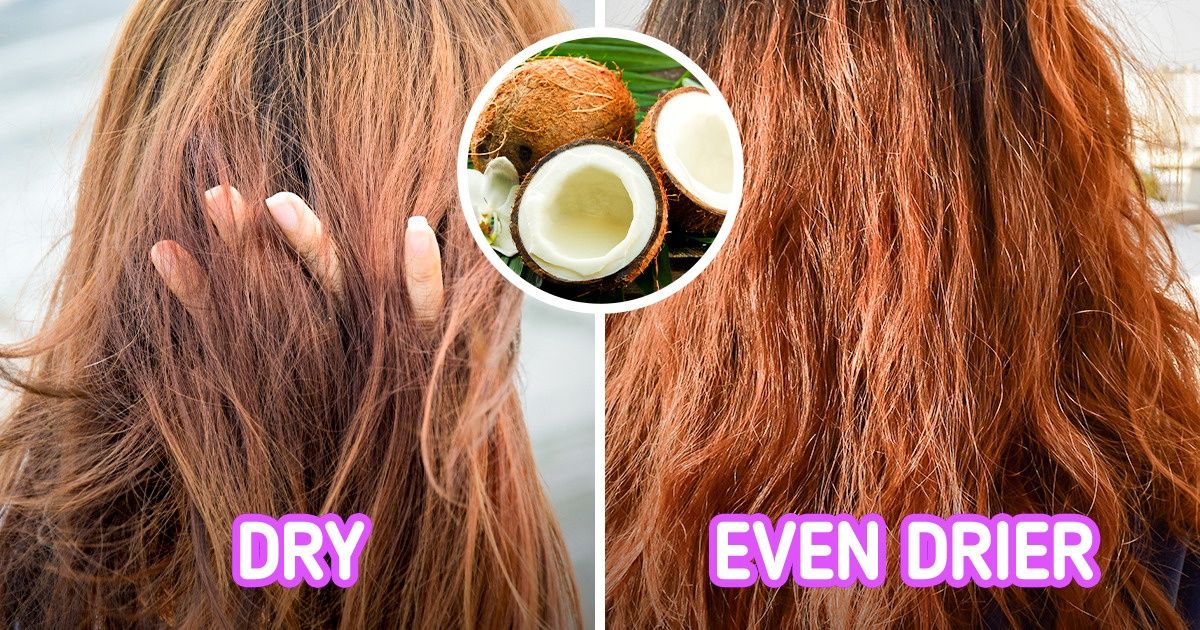My Cousin Uninvited Me to Save Money—My Petty Revenge Was Absolutely Worth It


Natural cosmetics are trending. 33.5% of the natural beauty industry consists of natural skincare products, 33% of natural hair care, and 41% of beauty consumers use a “do-it-yourself” product monthly. But while they’re environment-friendly and generally less aggressive, we still have to be careful when adding these natural ingredients to our beauty routine.
Bright Side wants you to know which DIY skincare products you should use with caution.
We can see coconut oil pretty much everywhere now, from skincare to hair treatments. But it’s important to know that coconut oil is not meant for every type of hair. For low porosity hair, the thin layer of coconut oil can block the few ways water can penetrate the strands, which can prevent the hair from getting the moisture it needs, leaving things dried out.
Many people use apple cider vinegar to treat acne, dandruff, or even as a natural deodorant. However, its high acidity can lead to dangerous chemical burns on your skin. For better use, try adding water to the mix.
Egg whites are often used to tighten facial pores and get smoother skin. However, eggs are a common transmitter of salmonella, and we shouldn’t put them so close to our mouths when they’re raw.
Cinnamon has become popular as an anti-acne solution. While many people started to add this ingredient to their face masks, some complaints about allergies and a burning sensation also began to appear. This happens because contact dermatitis is a common downside of cinnamon use, leading to redness, rashes, and irritation.
Sugar can be a delicious treat for your mouth but your skin doesn’t appreciate it as much. If you end up using sugar as an exfoliant in a not-so-gentle scrub, it could be very abrasive on your skin. This process could open small wounds and expose your skin to dirt and environmental changes.
It’s no surprise that lemon juice is full of vitamin C and antioxidant properties. That’s why more and more people are adding this ingredient to their face masks to benefit from its anti-aging effects. But lemon can lead to hyperpigmentation and burnt skin, which is why it must be used with caution.
For some, preparing an oatmeal bath is the perfect solution for an itchy skin crisis. However, having such close contact with oatmeal can lead to atopic dermatitis, making your skin itch even more.
Baking soda baths are commonly used to treat several health conditions, from relieving tension and pain to boosting circulation. But its alkaline levels can damage and irritate your skin.
Which natural substitute do you use on a daily basis? Have you ever overused any ingredients in your beauty routine?











